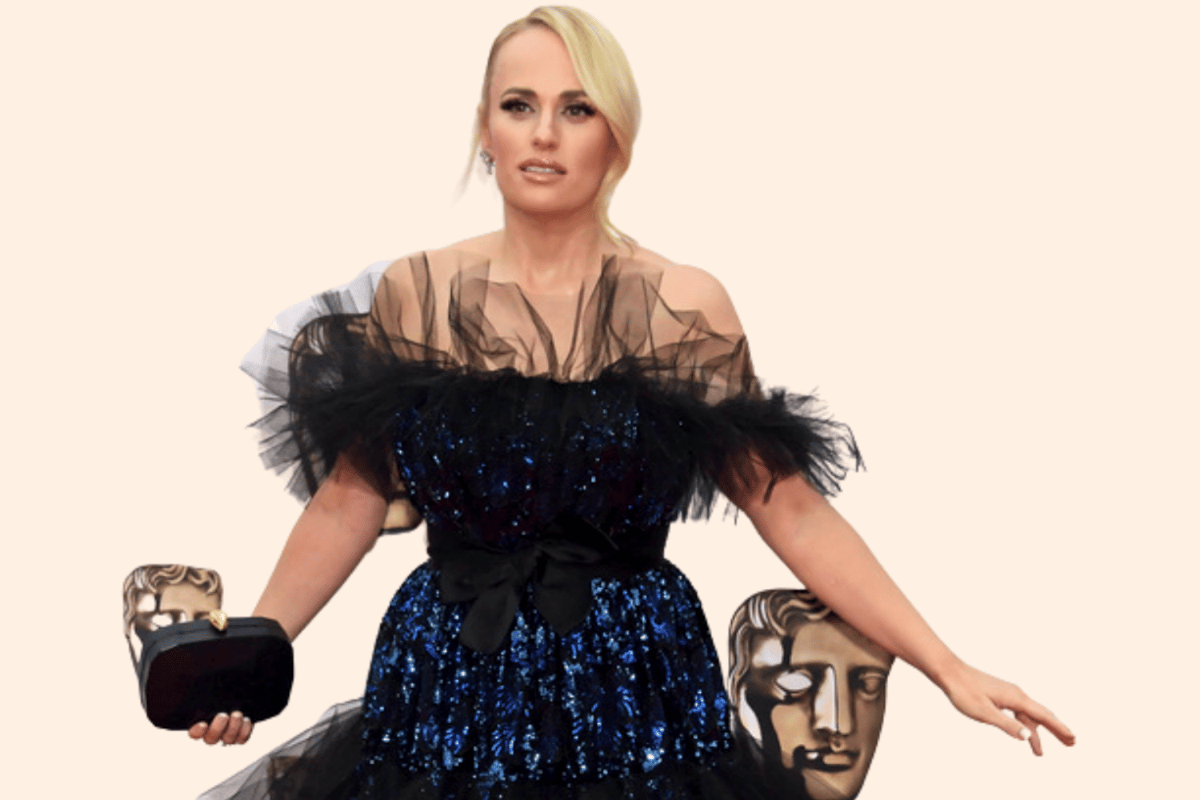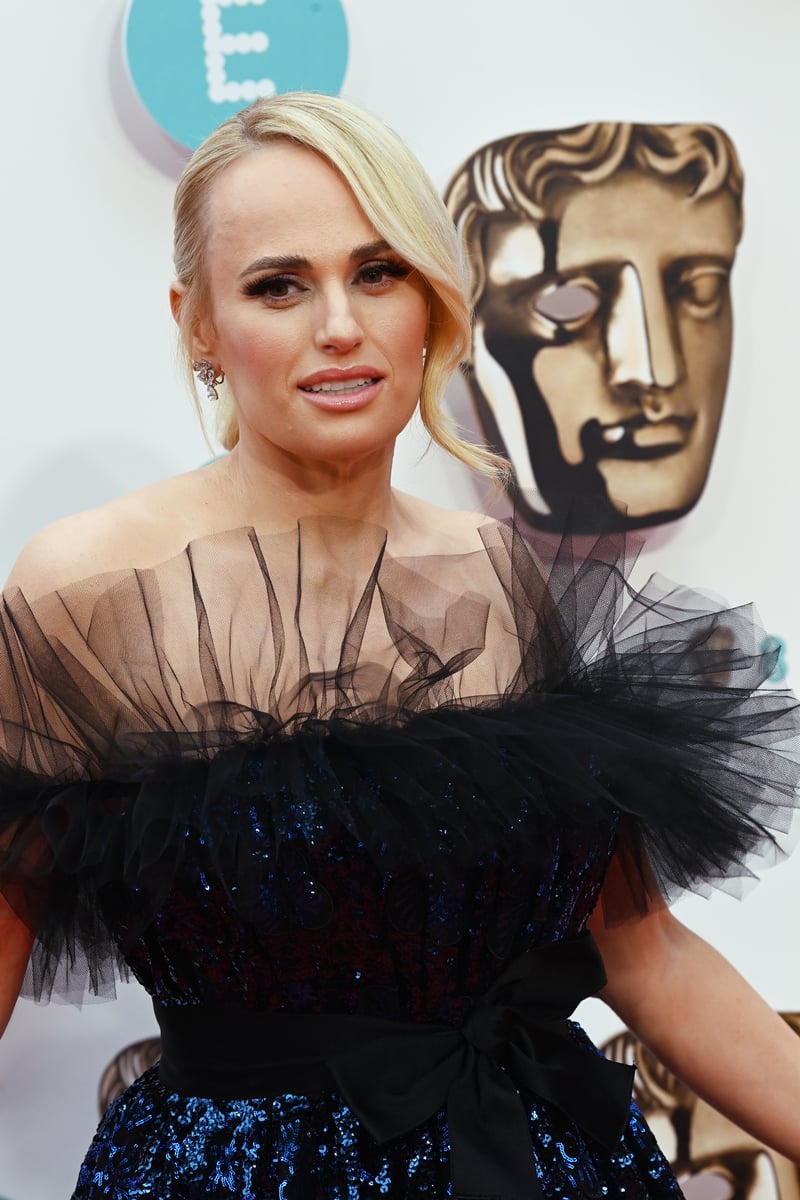
Content warning: this article deals with disordered eating and may be triggering for some readers.
Rebel Wilson is in an impossible situation.
The actress, writer, and producer lives and works in the public eye, and with that comes an unfortunate yet never-ending commentary around her body.
So when she decided to make changes to her body, she was left with two equally undesirable choices.
She could opt to hide herself away from the glare of cameras and red carpets until eventually, photos would emerge of her changed form, inviting the vice-like grip of extreme publicity to tighten even further around her.
Or she could make her intentions public from the start, documenting her actions as a way to loosely control a narrative that was sure to build up around her at any cost.
She opted for the latter, and swiftly flooded her social channels with images and updates of her 'Year Of Health'.
And this is where the trouble began.
Listen to The Spill hosts discuss why we should not be applauding Rebel Wilson at the BAFTA's.
Not trouble with Rebel making decisions about her own body of course, but trouble with the language that sprung up around it, with words that fell out of her own mouth, the views that filled the comments section on her Instagram feed, and the salacious headlines championing one troubling truth - that there is no higher achievement an already successful woman can accomplish than making herself smaller.


Top Comments